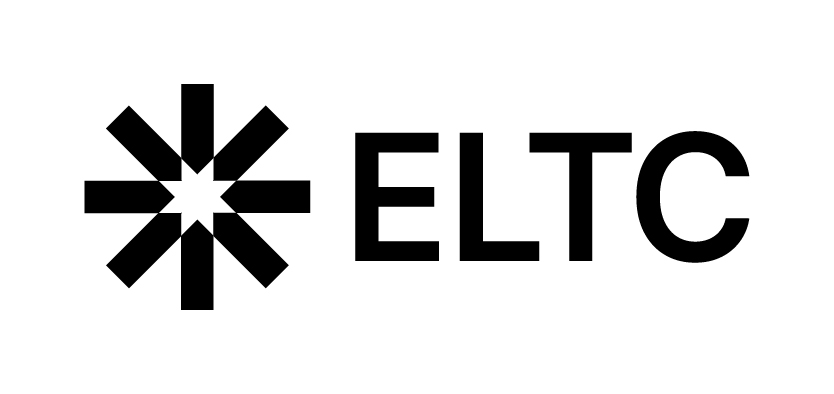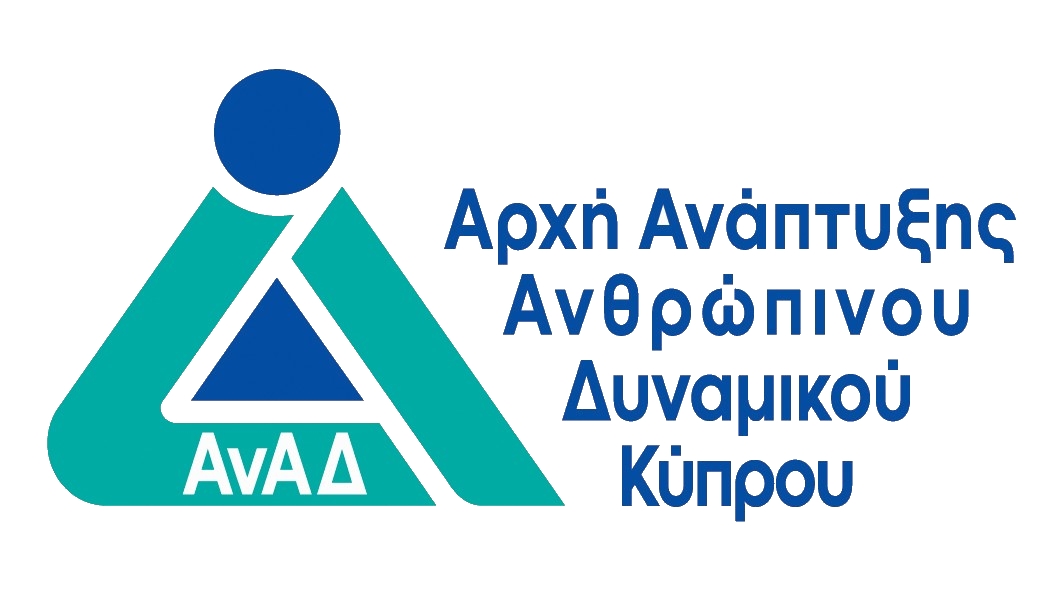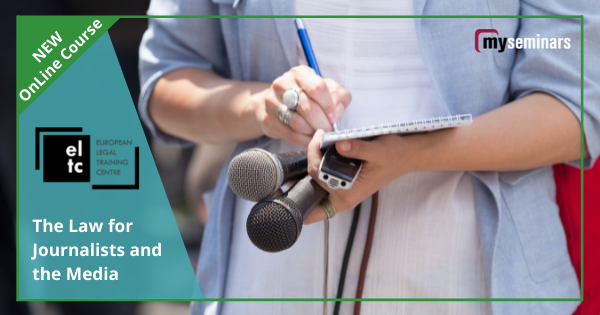
Live OnLine Course - The Law for Journalists and the Media
- Digital Marketing/ Sales/ Service - Νομοθεσία, Νομική & Δικηγόροι

ΠΕΡΙΓΡΑΦΗ
There are many key skills that journalists need
to learn, from interviewing, writing, shooting video, shorthand and
digital story telling on social media. But did you know that another
essential skill for any accomplished reporter is learning the law? From
defamation to ethical regulations, journalists need to be aware of and
examine, the daily dilemmas and challenges that face them when breaking a
news story, especially when dealing with criminal law and new GDPR
regulations.
ΣΚΟΠΟΣ ΣΕΜΙΝΑΡΙΟΥ
Reasons you should to this course:
Being a confident and campaigning journalist: Understanding how the law works empowers reporters to know when they can pursue important stories, whether that be covering breaking news, sport, show business or fashion.
Avoiding prejudicing an ongoing criminal case: If you study one of our journalism courses, you'll learn all about contempt of court which teaches you how to avoid “trial by media”
Reporting from courts: If the press do not sit in District Courts or the Supreme Court, there is no scrutiny of what happens there. But you need to learn how to comply with several reporting restrictions to do your job.
Avoiding a huge defamation bill: If you make unjustified attacks on someone’s reputation - for example, by wrongly saying they are a dodgy businessman, or that a reality TV star has a drug problem - it might not only cost you hundreds of thousands of pounds, but also your job. It’s crucial to know when you can criticise those who deserve it.
Allowing everyone a private life: Privacy laws are used by celebrities, sports stars and politicians to avoid true stories about them being exposed. But when can you safely look into someone’s private life in the public interest?
Going undercover to expose what needs exposing: There are times when it’s ok for journalists to use subterfuge to secretly investigate wrongdoing.
Safely using social media: Journalists are expected to post on various platforms to tell and promote their stories. But you can get into just as much legal hot water on Twitter or Instagram as you can writing for a mainstream newspaper or magazine.
Giving anonymity to the vulnerable: Reporters know of several laws which mean you cannot identify certain people in your stories, such as children in court, sexual offence victims and occasionally much-hated notorious criminals.
Being sympathetic and discreet in times of grief and shock: By studying our course, you'll learn how to responsibly report on sensitive stories, such as suicides. You'll also learn how we should and should not approach those caught up in major news stories, for example Mari and those who have lost loved ones to the coronavirus.
ΠΕΡΙΣΣΟΤΕΡΕΣ ΠΛΗΡΟΦΟΡΙΕΣ
ΕΝΟΤΗΤΑ 1 - Εισαγωγή στο νομικό σύστημα της Κύπρου
ΕΝΟΤΗΤΑ 2 – Ποινικές υποθέσεις και διαδικασία
ΕΝΟΤΗΤΑ 3 – Αστικές/πολιτικές υποθέσεις και διαδικασία
ΕΝΟΤΗΤΑ 4 – Γράφοντας για τα Δικαστήρια
ΕΝΟΤΗΤΑ 5 – Αναφορές σε ποινικές υποθέσεις
ΕΝΟΤΗΤΑ 6 – Αναφορές σε αστικές/πολιτικές διαδικασίες
ΕΝΟΤΗΤΑ 7 – Κίνδυνος Δυσφήμισης
ΕΝΟΤΗΤΑ 8 – Υπερασπίσεις σε υποθέσεις δυσφήμισης
ΕΝΟΤΗΤΑ 9: Απόρρητο, εμπιστευτικότητα και πνευματικά δικαιώματα
ENOTHTA 10 – Ελευθερία πληροφόρησης
Πληροφορίες Εκπαιδευτή
Αναλυτικό Κόστος Σεμιναρίου
Για Δικαιούχους ΑνΑΔ
- € 600.00
- € 306.00
- € 114.00
- € 294.00
- € 349.86
Για μη-Δικαιούχους ΑνΑΔ
- € 600.00
- € 0.00
- € 114.00
- € 600.00
- € 714.00
ΠΡΟΓΡΑΜΜΑ ΣΕΜΙΝΑΡΙΟΥ
Δευτέρα - 22 Νοε 2021
Ώρα
18:00 - 20:00
ΕΚΠΑΙΔΕΥΤΗΣ:
Γεωργία ΟνουφρίουΤοποθεσία:
OnLine Virtual Classroom
 Ελληνικά
Ελληνικά  English
English



 Ελληνικά
Ελληνικά
 20 ώρες
(
10 μέρες
)
20 ώρες
(
10 μέρες
)










